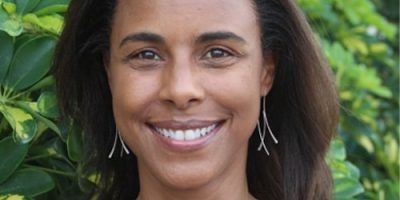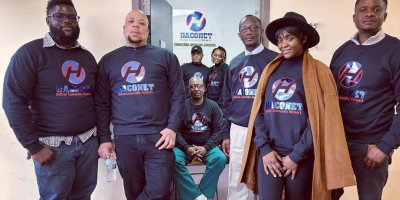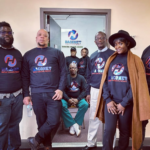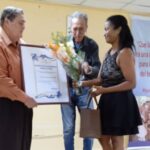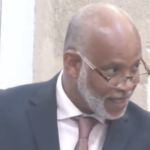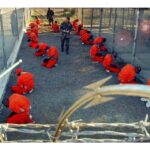Jamaicans are being reminded that they need to have a provisional driver’s licence, also known as a learner’s permit, before they can apply for any other type of driver’s licence.
Dontae Matthews, manager, Corporate Communications and Public Relations at the Island Traffic Authority (ITA), says the permit allows an unlicensed driver to operate a motor vehicle on the public roads while under the supervision of a licensed operator.
To apply for a permit, an individual must be literate, be at least 17 years old and must not have had any road traffic convictions within the last 12 months.
Persons are required to pass a Road Code Test before receiving the provisional learner’s licence.
Applicants may set an appointment to sit the multiple-choice test at drivers [email protected] or [email protected] or visit any of the ITA’s Service Hubs islandwide.
“Now the Road Code Test attracts no cost; it’s a free test. So, once you make the appointment and turn up at the depot or service hub to do the test, they will be required to submit certain documents,” Matthews notes.
“If they’re sending an e-mail to schedule an appointment … they need to send their full name, gender, date of birth, Tax Registration Number (TRN), telephone number, full address and the preferred service hub they wish to take the test,” he adds.
He informs that on the day of the test, the applicant should submit three critical forms – the completed application form; a medical certificate, which must be completed by a registered medical practitioner; and proof of residence/identity, which must be signed by an attorney, a Justice of the Peace (JP) or a principal at a school in the area where the applicant lives.
Three identical certified passport-sized photographs, which were taken within the last six months and signed by the JP should also be submitted by the applicant.
“They must also submit proof of age, this could be a copy of their birth certificate, a copy of their valid passport, their national identification (ID) or electoral and of course, they must take the TRN as well on the day of the test,” he says.
The pass mark for the test is 15 out of 20 or 75 per cent, and once persons have passed,they will be given a sealed envelope to take to the tax office.
“This envelope must remain sealed until the applicant gets to the tax office and gives it to the officer at Tax Administration Jamaica (TAJ), who will then open the envelope and begin processing the learner’s permit. That is where they will pay $1,800 to get the permit,” Matthews explains.
RENEWAL
A learner’s permit is valid for one year; however, the law states that after six months, persons can start the application process for the driver’s licence.
After one year, the learner’s permit is considered expired, and will require renewal. There is no requirement to resit the Road Code Test to renew the learner’s permit.
“What they do is simply go to the tax office with the expired learner’s permit, two passport-sized photographs signed and stamped by a JP, a valid ID, TRN and $1,800 for the renewed learner’s permit,” Matthews says.
Persons who received their learner’s permit before January 2020, when the Road Code Test took effect and are just now renewing their learner’s permit, will have to sit the test and fulfil all other requirements to get that renewal.
“There are some cases where persons pass the test, got the envelop and didn’t go to the tax office to get their driver’s licence, even though the validity period starts when they go to tax office to get the permit.
“If they have the envelope sitting down for more than six months, they would have to go back to the service hub with fresh photos because photos are only valid for six months,” Matthews informs.
More than 50,000 learner’s permit applications are received each year by the ITA, with 58,000 applications in 2024.
For more information, persons may call the Authority at (876) 754-1900, email [email protected] or visit the ITA’s social media pages, such as Instagram, twitter, or Facebook.
JIS




